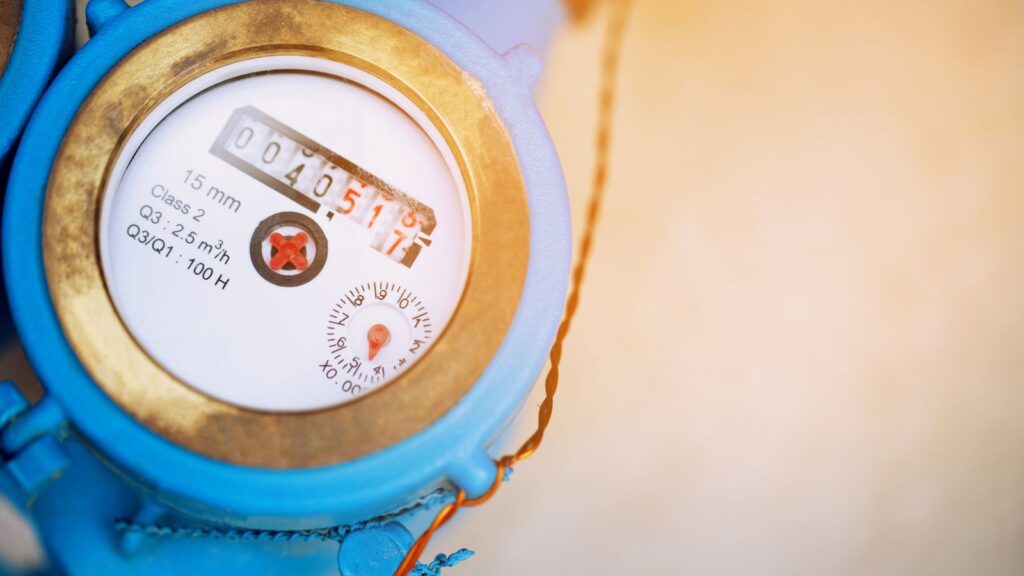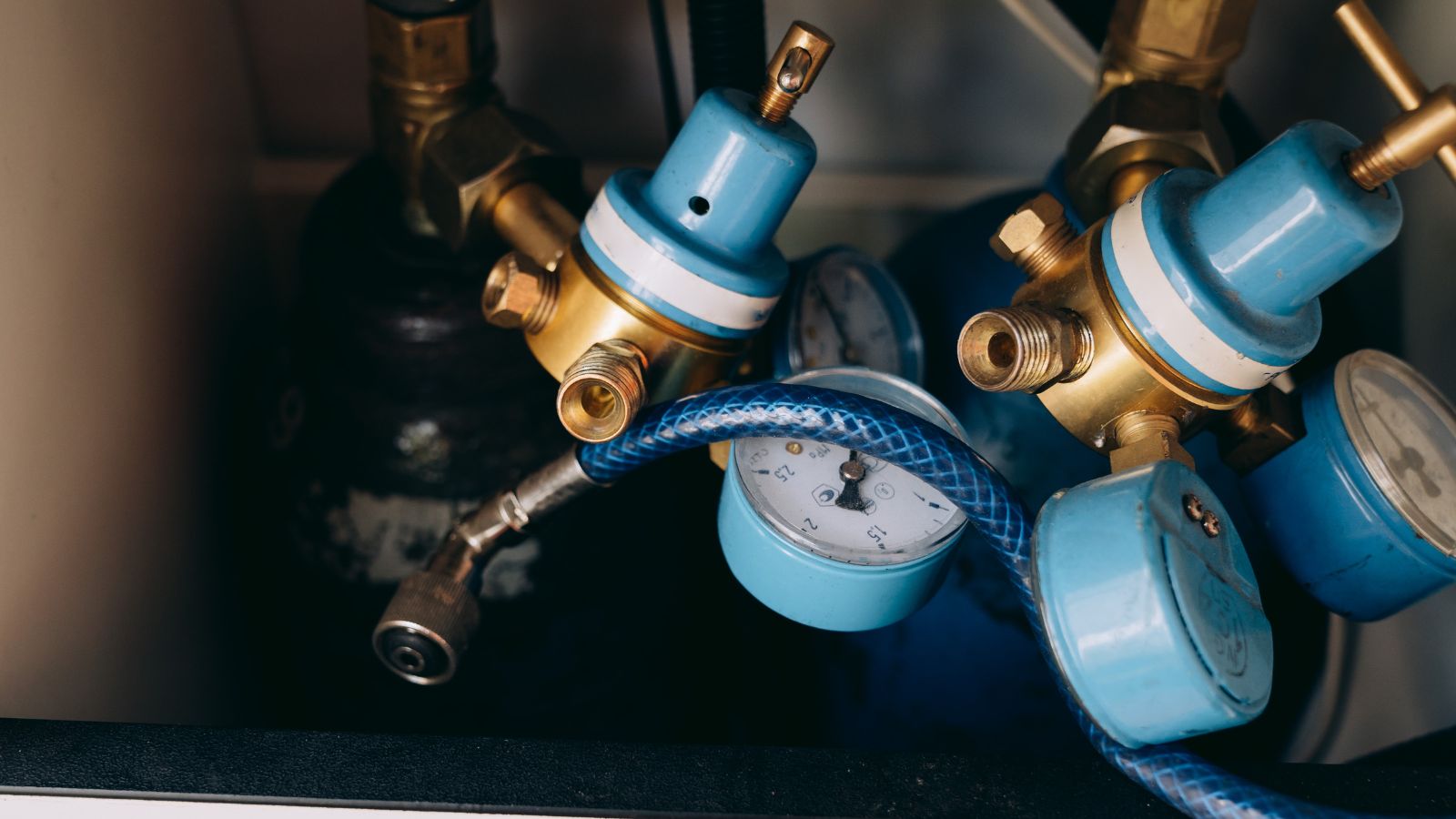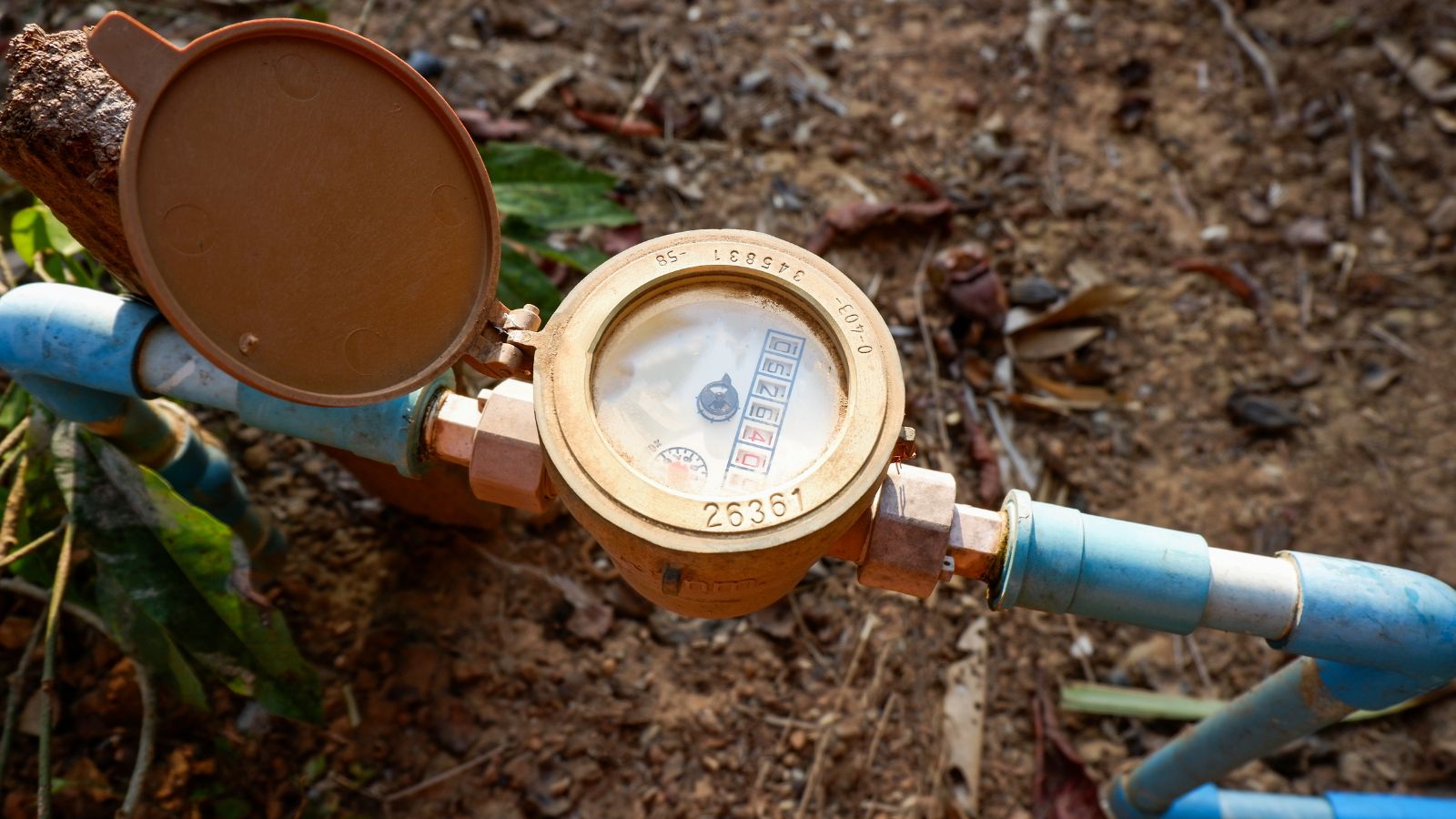Water is a critical resource for both residential and commercial purposes. Yet, inefficient water usage often leads to significant waste and higher costs. As global water scarcity and sustainability concerns grow, managing water usage is becoming increasingly important. One powerful tool to achieve optimal water management is the use of water flow meters. These devices play a crucial role in tracking, analyzing, and controlling water flow, offering cost-saving opportunities and promoting more responsible consumption.
Contents
Table of Contents
ToggleThe Importance of Water Management
Efficient water management is essential for businesses, municipalities, and homeowners alike. Water is used in a wide range of activities: from irrigation, manufacturing processes, and cooling systems to residential and commercial consumption. Wasteful water use not only strains resources but also impacts operational costs. Implementing efficient water usage strategies is vital for reducing expenses and minimizing environmental footprints.
With the right tools, it’s possible to track water consumption and prevent wastage. Accurate monitoring of water flow provides valuable insights that can lead to better decision-making and proactive measures to optimize water use. Among the most effective ways to achieve this is through the installation and use of water flow meters.
What Are Water Flow Meters?
Water flow meters are devices that measure the volume or flow rate of water in a given system, whether it’s for a home, industrial facility, or irrigation system. These meters come in various types, including mechanical, electromagnetic, and ultrasonic, each suitable for different applications.
The primary function of water flow meters is to provide precise data on water usage, enabling better control over consumption. By understanding how much water is being used and at what rate, individuals and organizations can adjust their habits and processes accordingly to achieve optimal water efficiency.
The Role of Water Flow Meters in Cost Reduction
One of the key benefits of installing water flow meters is their ability to reduce costs. Here’s how:
- Detecting Leaks Early
Water leaks, whether from faulty pipes, broken equipment, or poorly maintained irrigation systems, can be costly. A water flow meter provides real-time data on water usage, making it easier to detect any irregularities that might indicate a leak. Early detection allows for quick repairs, reducing wasted water and preventing inflated water bills. - Optimizing Water Usage
By monitoring water flow, you can identify areas where water consumption can be reduced without compromising performance or productivity. For example, businesses can use flow meters to assess the efficiency of their cooling or manufacturing systems, making adjustments that improve efficiency and save water. - Preventing Overuse
Without proper monitoring, it’s easy to overuse water, especially in large facilities or residential homes. Water flow meters allow users to set thresholds or alarms when usage exceeds acceptable levels, preventing overuse and the associated increase in costs. - Data-Driven Decisions for Water Conservation
Water flow meters provide actionable data that can be used to make informed decisions. By analyzing consumption trends, you can implement smarter water-saving strategies. Whether it’s adjusting irrigation schedules or modifying industrial processes, the ability to use accurate data ensures that changes made will have a significant impact on both water conservation and cost reduction.
Types of Water Flow Meters and Their Applications
Water flow meters come in various forms, each suited to specific needs. The two most commonly used types are:
- Mechanical Water Flow Meters
These meters work by using a rotating mechanism to measure water flow. The movement of the water spins a rotor, and the amount of rotation correlates to the volume of water passing through the meter. These meters are commonly used in residential and light commercial applications due to their simplicity and reliability. - Electromagnetic Water Flow Meters
Electromagnetic meters use the principle of Faraday’s law of induction to measure the flow of water. These meters are highly accurate and are ideal for applications where precision is critical, such as in industrial or agricultural settings. They can measure flow rates in both open and closed pipe systems, offering versatility across various industries. - Ultrasonic Water Flow Meters
These meters use sound waves to measure the velocity of water moving through pipes. Ultrasonic meters are non-invasive, meaning they don’t require cutting or modifying existing pipes. They are highly accurate and used in applications where traditional mechanical or electromagnetic meters may not be suitable, such as in large-scale municipal water systems.
Each type of meter has its advantages depending on the application. For example, a mechanical meter might be a cost-effective solution for residential use, while an electromagnetic meter might be the best choice for larger commercial facilities where high precision is required.
How to Choose the Right Water Flow Meter
Selecting the right water flow meter for your needs requires careful consideration of several factors. Here are some key points to consider:
- Flow Range
The flow range of the meter should match the expected water flow in your system. Too high or too low of a flow range can result in inaccurate readings. Ensure that the meter you choose can measure the volume of water you anticipate using in your system. - Pipe Size and Compatibility
Ensure the meter is compatible with the size and type of pipe you are using. Some meters are designed specifically for small pipes, while others are built to handle large industrial pipelines. Choosing a meter that fits correctly is essential for accurate measurements. - Accuracy and Precision
Different types of water flow meters offer different levels of accuracy. For high-precision needs, like in laboratory environments or for industrial purposes, electromagnetic and ultrasonic meters may be ideal. For general residential or agricultural purposes, mechanical meters may be sufficient. - Budget and Maintenance
Mechanical meters are typically less expensive and easier to maintain, while electromagnetic and ultrasonic meters tend to cost more upfront but require less maintenance and offer higher accuracy. Consider your budget and how much maintenance you are willing to manage when choosing your meter.
Finest Practices for Optimizing Water Usage with Flow Meters
Once you have selected and installed the appropriate water flow meters, follow these best practices to maximize their effectiveness:
- Regular Monitoring and Maintenance
Regularly check the readings from your water flow meters to spot any inconsistencies early. Scheduled maintenance ensures the meters continue to operate at optimal accuracy, preventing potential issues down the line. - Integrate Flow Meters with Automated Systems
In large systems, integrating water flow meters with automated monitoring and control systems can enhance efficiency. These systems can adjust flow rates automatically, optimize water use, and send alerts when consumption exceeds predefined limits. - Use Data to Set Conservation Goals
Use the data from your flow meters to set measurable conservation goals. For instance, if you find that your system uses excessive water during certain hours, you can adjust your processes to operate during off-peak times or modify equipment settings to use less water. - Track Long-Term Trends
Over time, the data from your water flow meters can help you identify long-term trends and patterns in water usage. This information is invaluable for planning future water-saving initiatives and making cost-effective improvements to your systems.
Conclusion
Water is a precious resource, and managing its use efficiently is crucial for reducing costs and promoting sustainability. Water flow meters provide the accuracy needed to track, control, and optimize water consumption. By detecting leaks, preventing overuse, and providing data-driven insights, these devices are an essential tool for businesses, municipalities, and homeowners who wish to optimize their water usage and lower their water bills.
Whether you are looking to improve water efficiency in an industrial setting, reduce residential consumption, or track usage for irrigation, water flow meters offer a practical, reliable solution. Invest in the right type of water flow meter and implement best practices for monitoring and controlling water flow to maximize both savings and sustainability.



